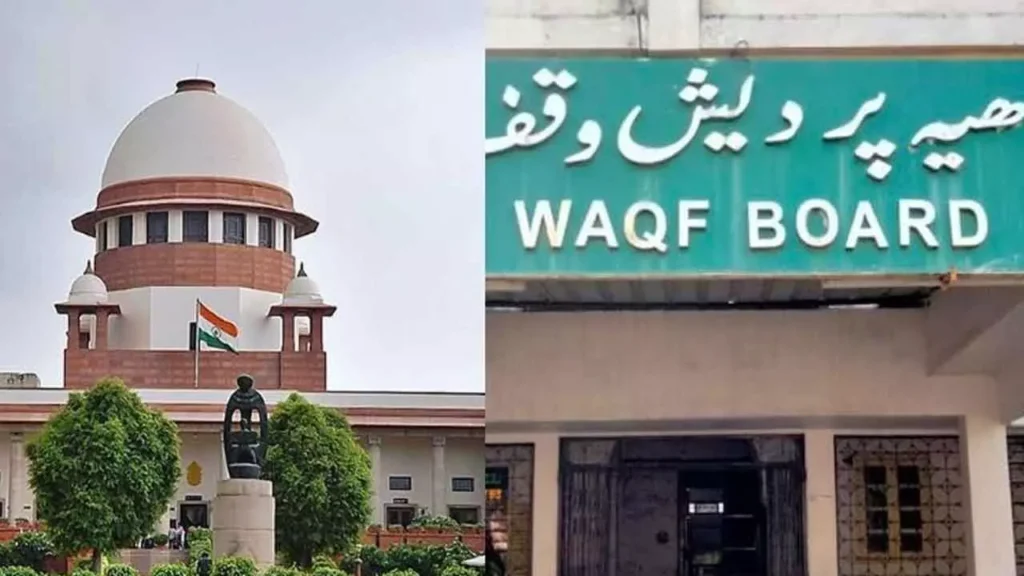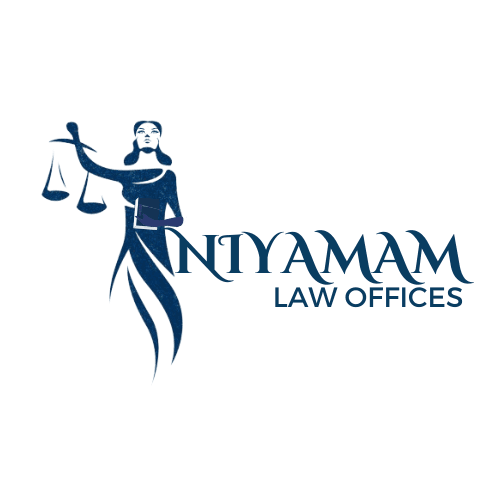Understanding the New Waqf Bill (Amendment) Act , 2025

In recent months, the Waqf Boards across India—especially in states like Delhi, Maharashtra, and Uttar Pradesh—have been making headlines due to various property disputes, encroachment issues, and government audits.
The new Waqf (Amendment) Bill, 2024, introduced in the Lok Sabha on 8 August 2024, represents the most significant overhaul of the Waqf Act, 1995 since its enactment. Designed to modernize Waqf property management, the Bill was passed by both Houses of Parliament in early April 2025 and received Presidential assent on 5 April 2025.
The Delhi Waqf Board in particular has faced scrutiny over unregistered properties and alleged mismanagement. Meanwhile, the Central Waqf Council has directed all state boards to ensure the digitalization of Waqf property records and tighter monitoring of Mutawallis (property custodians).
What is the Waqf Bill?
The term “Waqf Bill” usually refers to The Waqf Act, 1995, a law passed by the Indian Parliament to provide for the establishment of Waqf Boards and to regulate Waqf properties—which are religious endowments in Islamic law meant for charitable, religious, or community use. These properties may include:
Mosques
Graveyards
Madrasas
Public welfare buildings
Commercial and residential real estate
Under The Waqf Act, 1995, every state in India has a State Waqf Board, such as the Delhi Waqf Board, to oversee and manage such properties.
Background: Waqf Act, 1995 & Amendments
Waqf Act, 1995: Established State Waqf Boards to register and regulate properties dedicated for religious and charitable purposes under Islamic law.
2013 Amendment: Made digitization of records mandatory and tightened rules against encroachments.
Need for Reform: Despite these measures, many Waqf properties continued to face mismanagement, unauthorized occupation, and lack of transparency.
Key Features of the New Waqf Bill
Reconstitution of Waqf Board & Central Council
Alters the composition to include non‑Muslim members, aiming to improve oversight and diversity.
Renaming & Rebranding
Proposes renaming the Act as the Unified Waqf Management, Empowerment, Efficiency, and Development (UWMEED) Act.
Strengthened Ownership Verification
Empowers the government to validate title deeds, reducing fraudulent claims but raising concerns over property rights.
Digitization & Central Portal
Mandates a Central Waqf Portal for end‑to‑end management—registration, audits, litigation tracking, and financial reports.
Enhanced Powers to Evict Encroachers
Streamlines processes for Waqf Boards to reclaim illegally occupied land, with stiffer penalties for offenders.
Mutawalli Regulations
Clarifies eligibility criteria for Mutawallis (custodians), requiring a minimum five‑year Islamic practice and ownership proof.
Controversies & Criticisms
Communal Politics Accusations
Opposition leaders argue the Bill serves political ends, alleging it undermines Muslim autonomy over religious endowments ReutersAP News.Property Rights Concerns
Critics warn that expanded government control and third‑party validation could facilitate state appropriation of historic Waqf sites lacking formal documentation AP News.Protests & Legal Challenges
Demonstrations erupted in several states (e.g., Telangana), and petitions challenging the Constitutionality of the 2025 Amendment are pending before various High Courts
Impact on Waqf Stakeholders
Mutawallis & Trustees must adapt to stricter qualification norms and reporting requirements.
Beneficiaries may see improved transparency but face delays as records are audited and digitized.
State Waqf Boards gain enhanced enforcement powers but also greater compliance responsibilities.
Legal Practitioners will navigate new dispute‑resolution channels in Waqf Tribunals and civil courts.
Stay Informed. Stay Protected.
If you are directly affected by any Waqf Board action, or are involved in a property dispute, consult with our legal team. Timely legal advice can make all the difference in protecting your rights and heritage.
